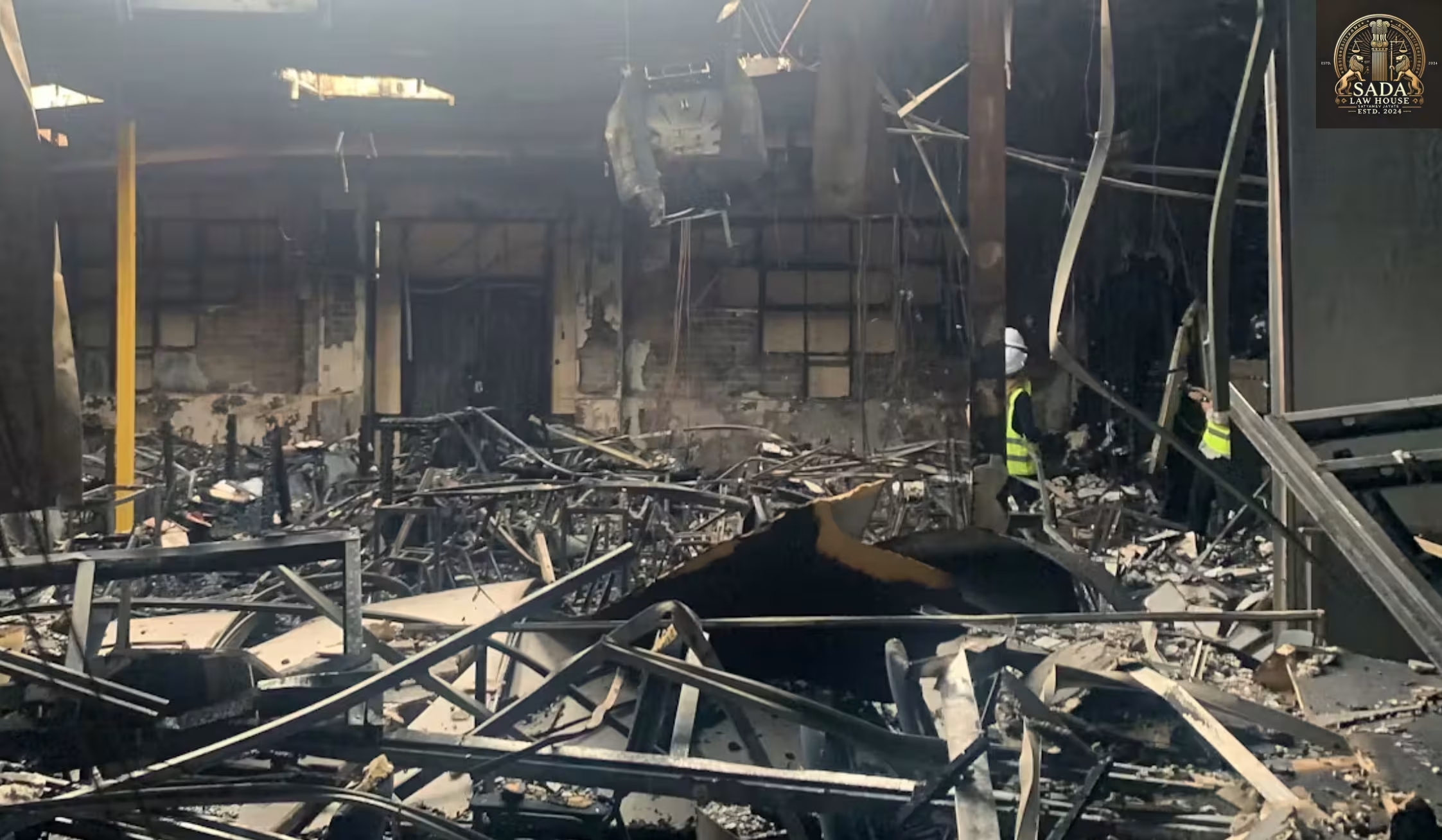Australia Expels Iran’s Ambassador After IRGC–Linked Synagogue Arson
- Shristi singh
- 28 AUG 2025

On 27 August 2025, Australia’s diplomatic relations with Iran hit a historic low. The government expelled Iran’s ambassador, Ahmad Sadeghi, marking the first such expulsion since World War II. This decision followed intelligence from the Australian Security Intelligence Organisation (ASIO), linking the Islamic Revolutionary Guard Corps (IRGC) to antisemitic arson attacks on the Adass Israel Synagogue in Melbourne and a kosher restaurant in Sydney.
The prime suspect, 20-year-old Younes Ali Younes, appeared via video link at the Melbourne Magistrates’ Court, denying any disclosures beyond confirming his identity. Two others face related charges.
Background: Rising Tensions Since the Israel–Gaza Conflict
Since late 2023, Australia has witnessed a surge in antisemitic and Islamophobic incidents—ranging from defacement to arson—fueling deep communal divisions. According to ASIO, the Melbourne synagogue fire was orchestrated through criminal intermediaries linked to Tehran. The attack deeply shook Australia’s multicultural fabric and tested its diplomatic resilience.
Court Proceedings and Legal Details
Court Appearance: Younes appeared before the Melbourne Magistrates’ Court, alongside two co-accused.
Impact of the Arson: The synagogue fire caused millions in damages, destroying sacred religious artifacts and community trust.
Next Steps: The court adjourned proceedings until 4 December 2025, with no plea yet entered.
Government Action: Australia’s Diplomatic Crackdown
Expulsion of the Ambassador
Canberra ordered Ambassador Ahmad Sadeghi and three other Iranian officials to leave within seven days. Simultaneously, Australia confirmed plans to designate the IRGC as a terrorist organisation.
Pushback from Israel and Domestic Politics
Israeli officials praised Prime Minister Anthony Albanese, suggesting the move was partly linked to Australia’s recognition of a Palestinian state. However, Tony Burke, Minister for Home Affairs, dismissed this as “complete nonsense,” reaffirming Australia’s independent stance.
Iran’s Response and Global Reactions
Iran’s Foreign Ministry condemned the decision as “Western appeasement of war criminals,” accusing Australia of reviving outdated alliances and fabricating narratives. The exchange further strained diplomatic relations, highlighting the polarised global stance on Middle Eastern conflicts.
Analysis: Why This Expulsion Matters
Reasserting Sovereignty – Expelling an ambassador is an extraordinary step in Australia’s foreign policy.
Intelligence-Led Action – ASIO’s strong evidence gave Canberra confidence to act decisively.
Independent Foreign Policy – Dismissing claims of Israeli influence underlined Australia’s autonomy.
Strategic Realignment – Aligns Australia with Western allies on combating state-sponsored terrorism.
Implications for Diplomacy and Security
Diplomatic Fallout – Possible retaliatory moves from Iran, including visa restrictions and consular suspensions.
Domestic Security – Designating the IRGC as a terrorist organisation may lead to tighter surveillance of extremist networks.
Regional Impact – Strengthens ties with allies like Israel, while shaping Australia’s broader Middle East strategy.
Conclusion
Australia’s expulsion of Iran’s ambassador is more than a diplomatic dispute—it’s a landmark moment redefining national security, foreign policy, and diaspora safety. As the legal proceedings unfold and global reactions intensify, the move may shape Australia’s long-term international standing.






